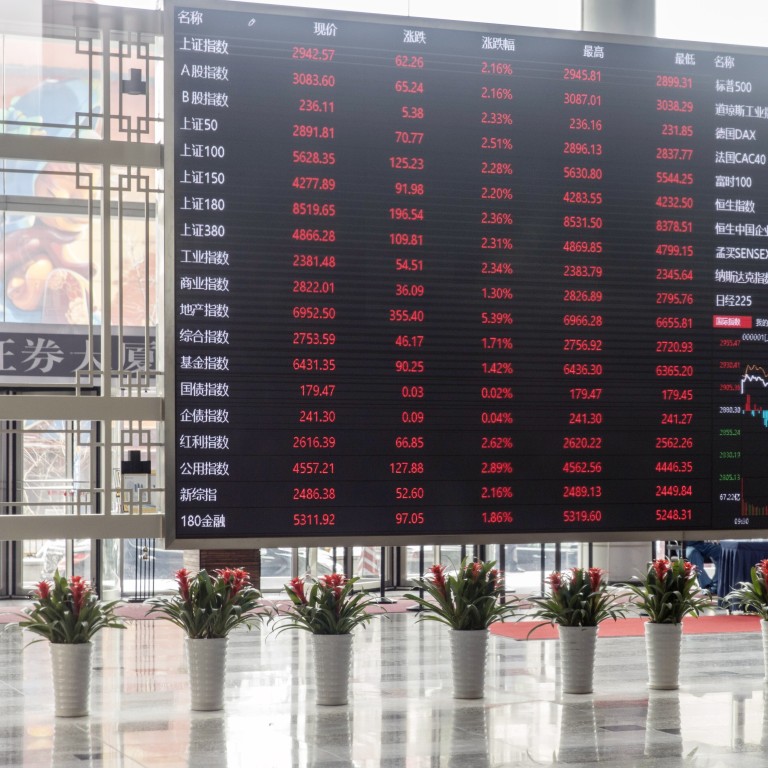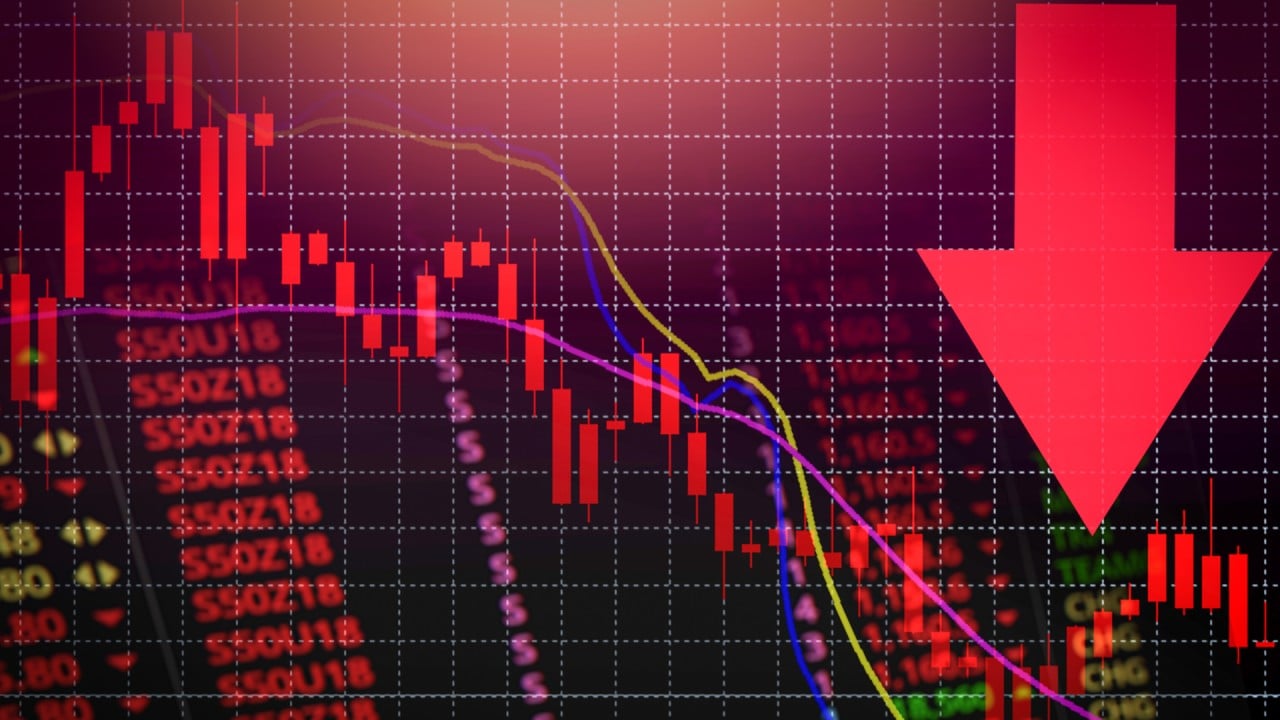
Hong Kong short sellers foiled by calm October now wait for US election slump for payoff
- Tencent, Alibaba and Meituan reached all-time highs in October amid the frenzy surrounding Ant Group IPO
- Technology and financial companies were among the most shorted stocks in Hong Kong last month
Tencent and Alibaba Group Holding reached record highs last month, when they were also among the most shorted stocks. The month of October, which is associated with infamous market crashes such as the Black Monday in 1987, came and went with relative calm this time.
“It depends on what you are shorting, I think it’s all right if you short financials, but there’s no point in shorting tech stocks,” said Alex Wong, director of asset management at Ample Capital in Hong Kong. Still, “many investors would have already lightened their positions ahead of the US election. There will be more market swings.”
Even shares of China Construction Bank and Industrial and Commercial Bank of China, among the biggest losers since January, advanced by 7 to 9 per cent while Ping An Insurance (Group) was only marginally weaker after an earnings disappointment.
Short sellers borrow shares from another party for a fee, and sell them in the hope they will tumble. They buy them back at a lower price from the market, pocket the the difference, and return the shares to the party.
The combined turnover of 10 most shorted stocks amounted to HK$73.6 billion from October 15 and 30, according to data compiled by Aastocks website, based on stock exchange trading. That is equivalent to about 7 per cent of the total market turnover over the period. Five companies – Tencent, Alibaba, CCB, ICBC and Ping An – accounted for three-quarters of the shorts.
“[China] is only opening up the capital markets now, that is an ideal stage, means you are going to see a lot of capital inflows to China,” he said during a webinar at the Hong Kong FinTech Week on Monday.

04:36
Hong Kong stocks may remain volatile for months due to Covid-19 pandemic, says analyst Kenny Wen
“[Biden’s] advantage over Trump has declined significantly since the summer and his September to early-October bounce has fizzled,” BCA Research said in a November 3 report. Investors should recognise that a temporary post-election selloff in the equity market may occur, “especially if a disputed vote result in a state affecting the electoral college winner enters the court system.”
The Chicago Board Options Exchange’s Volatility Index, or VIX as the “fear gauge” is known, rose to 40.28 on October 28, the highest level since mid-June, according to Bloomberg data. The reading represents the market’s expectation of forward-looking volatility based on the S&P 500 index options. At the height of the coronavirus outbreak in March, the reading surged to the highest since at least 1990.
The US presidential election is only one part of the risks buffeting stock traders, according to Stanley Chan, director of research at Emperor Securities. Risks from Brexit negotiations and a global resurgence in Covid-19 infections could also crank up volatility.
“For sure, there’s bound to be some short-selling of stocks or hedging by investors to protect their portfolio,” said Stanley Chan, director of research at Emperor Securities. “If the outcome of the US presidential election is too close to call, or Trump challenges the results of the election, then markets may get chaotic and there could be some big swings.”
Short sellers will be hoping for the worst.


